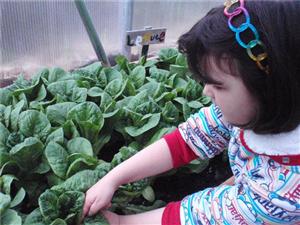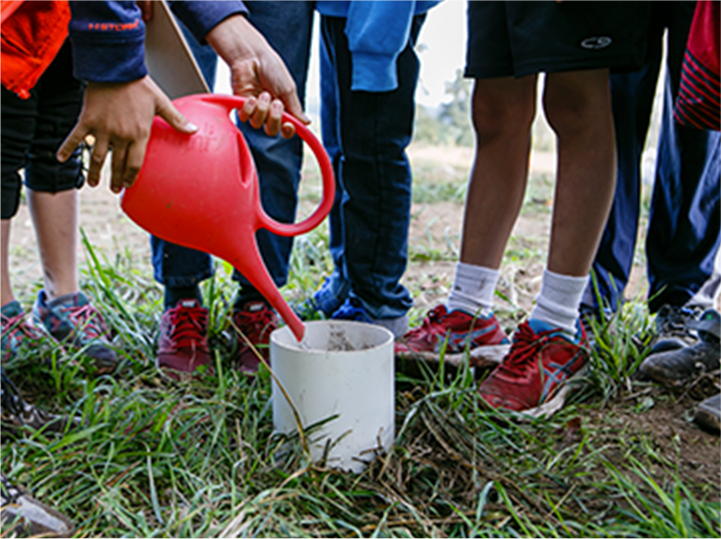ABOUT FARM TO SCHOOL

Goals of Farm to School

Increase market opportunities for small farms

Support local farmers and the local economy

Educate eaters about local farming and food systems

Teach students how to grow food

Improve the quality of foods served in the cafeteria

Improve nutrition for students and communities

Improve institution-community relationships

